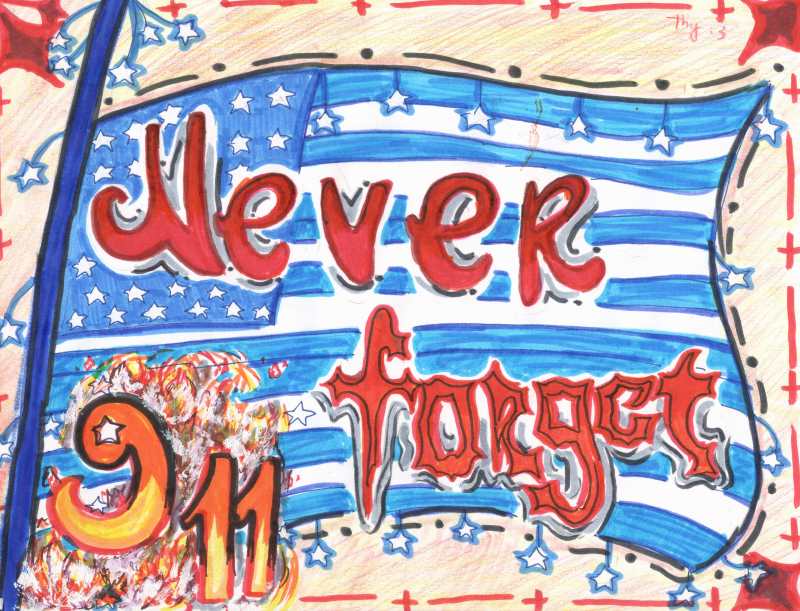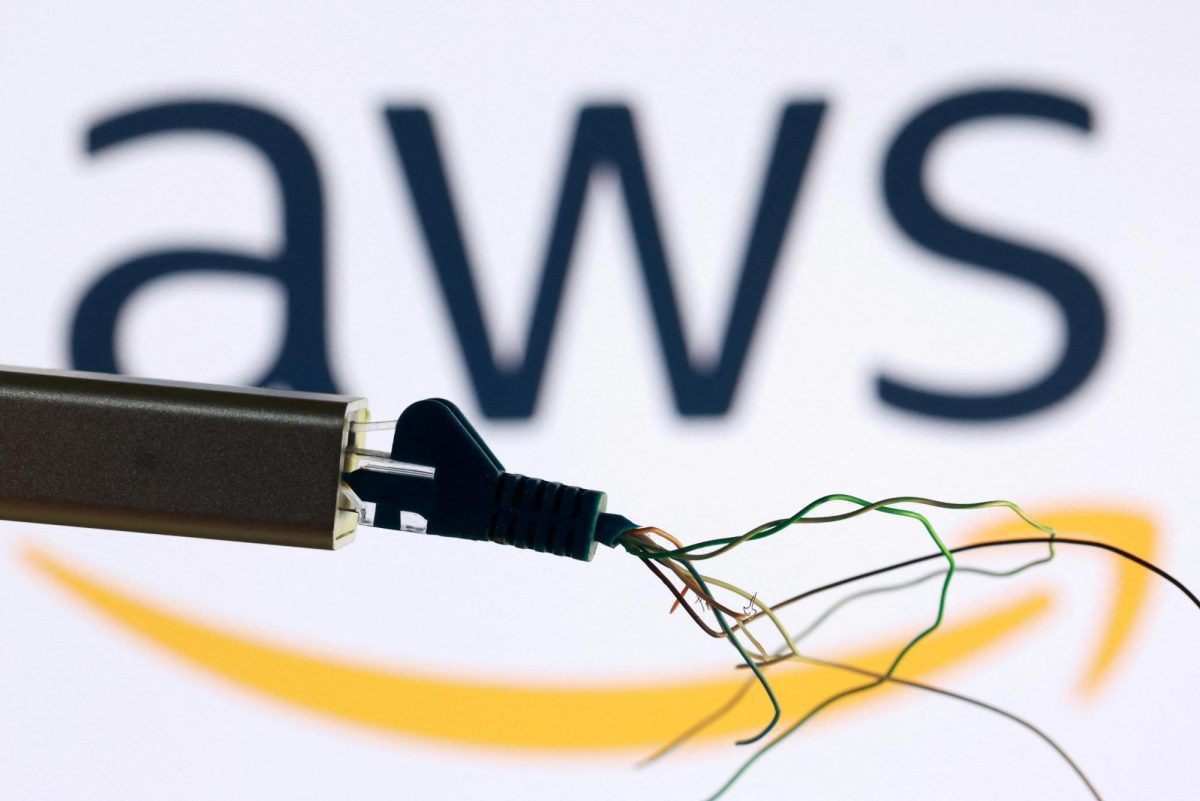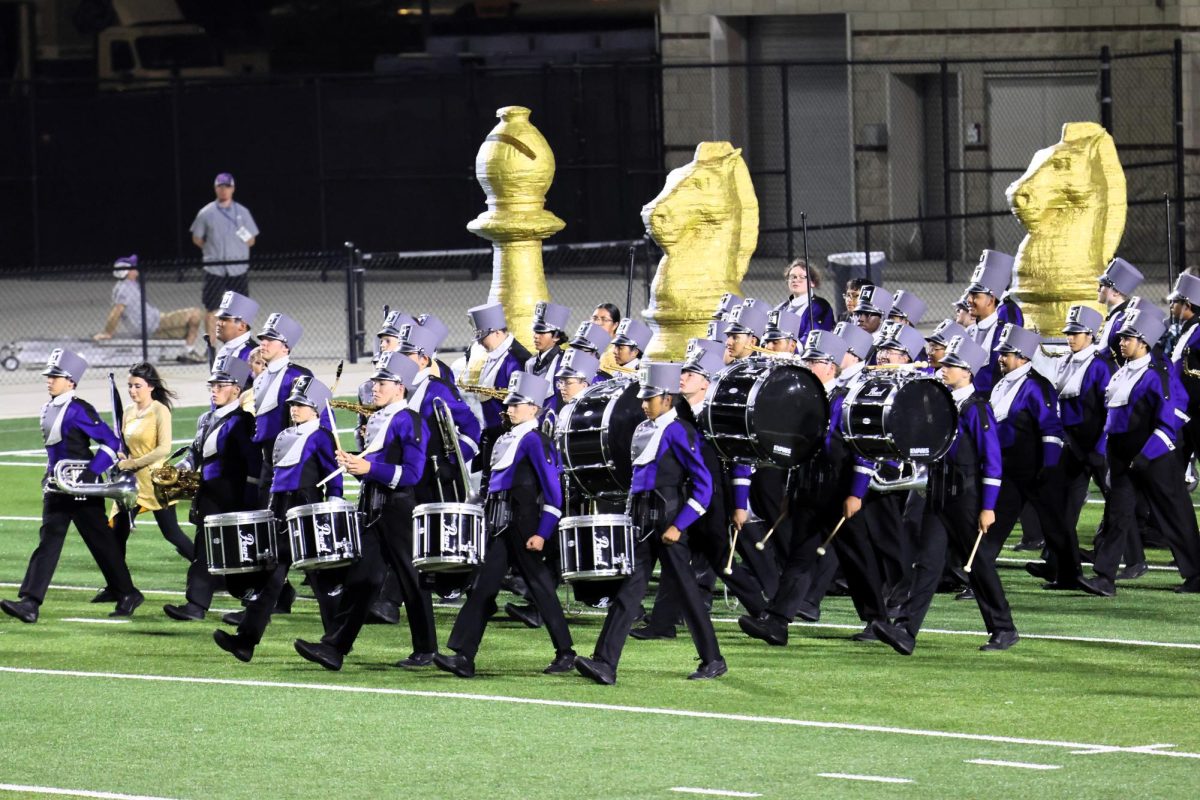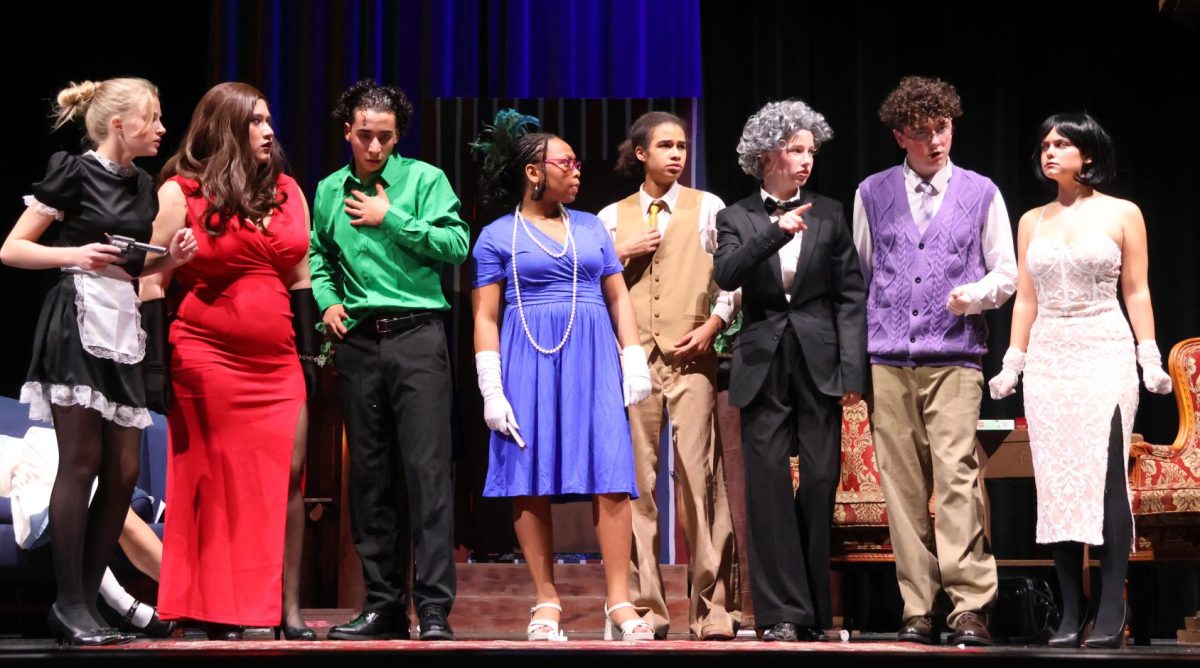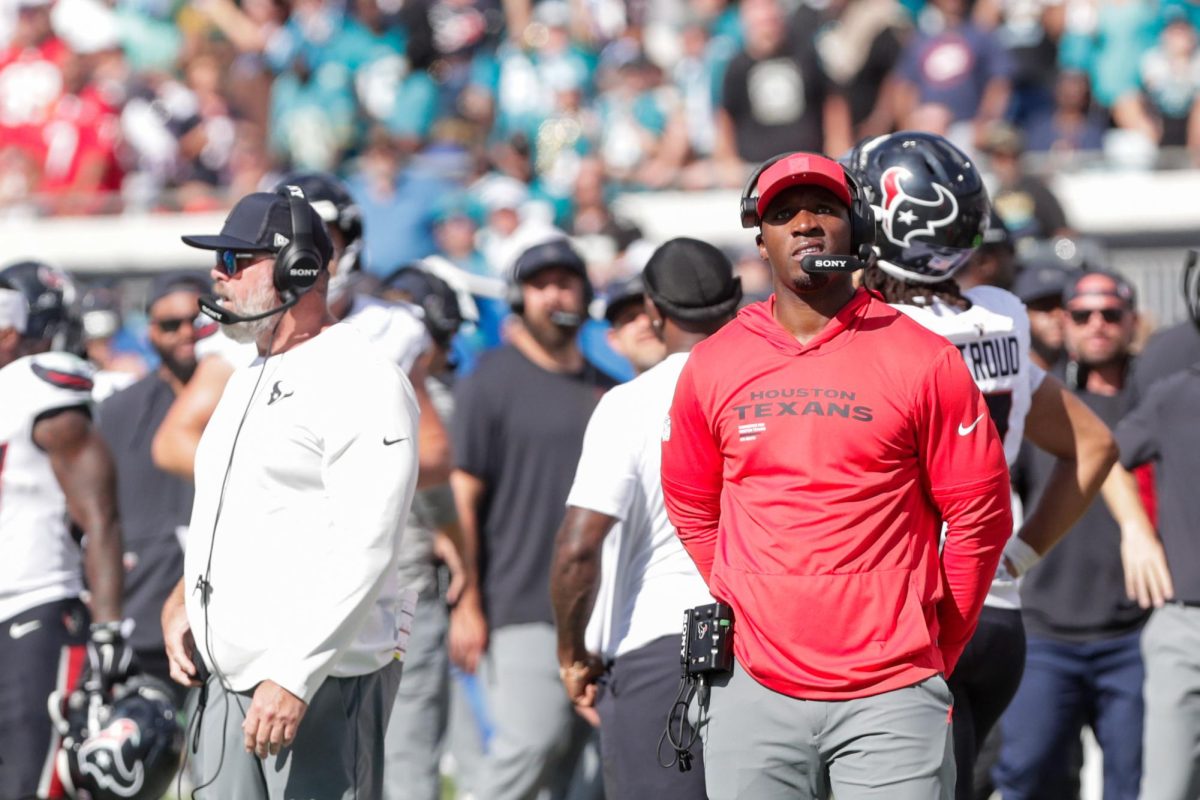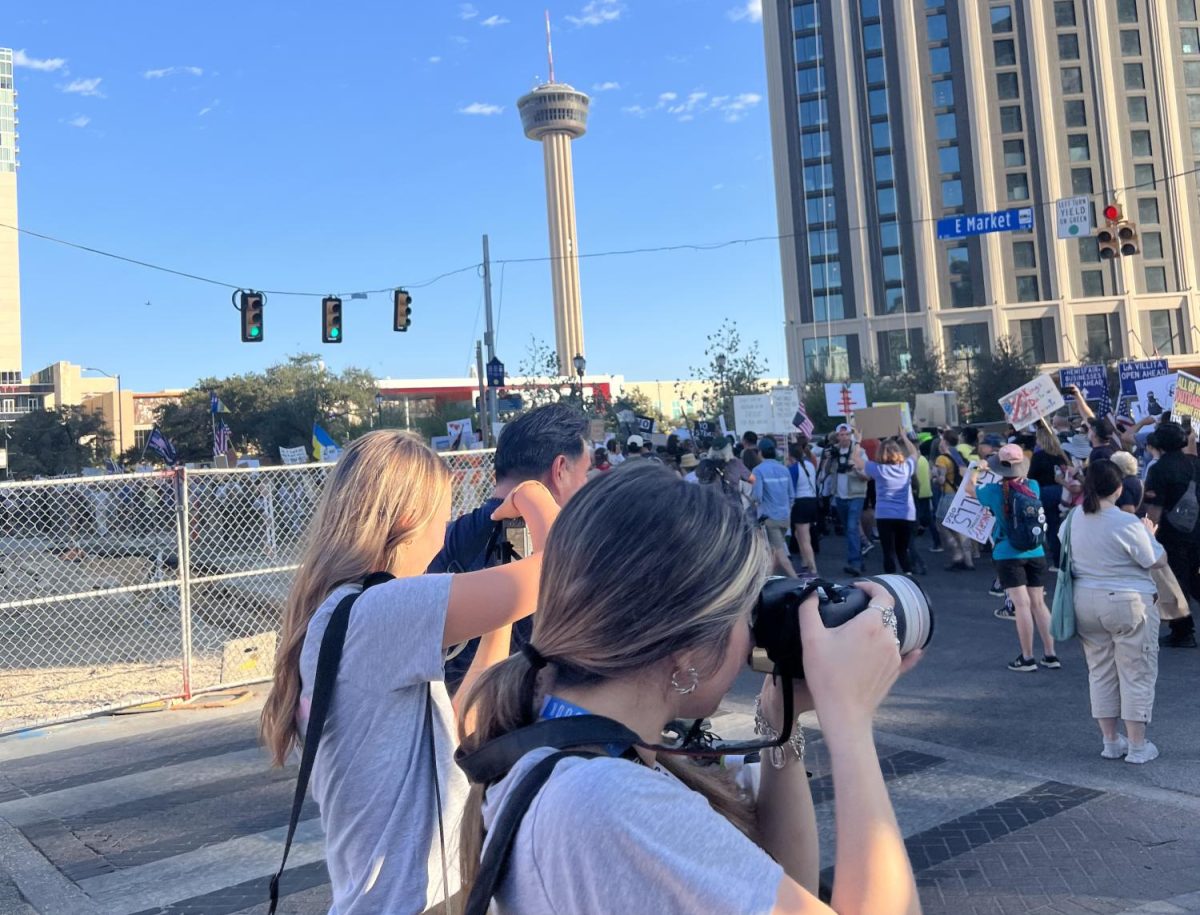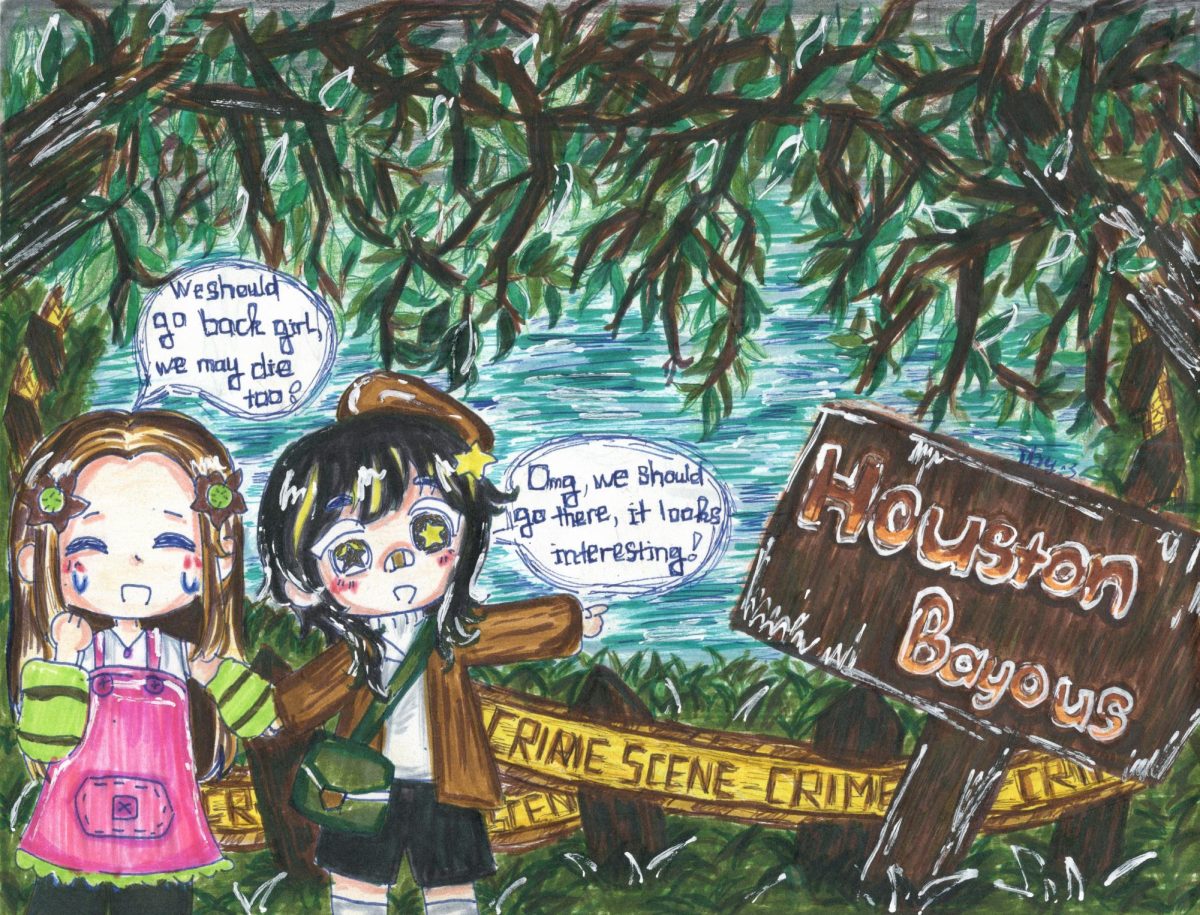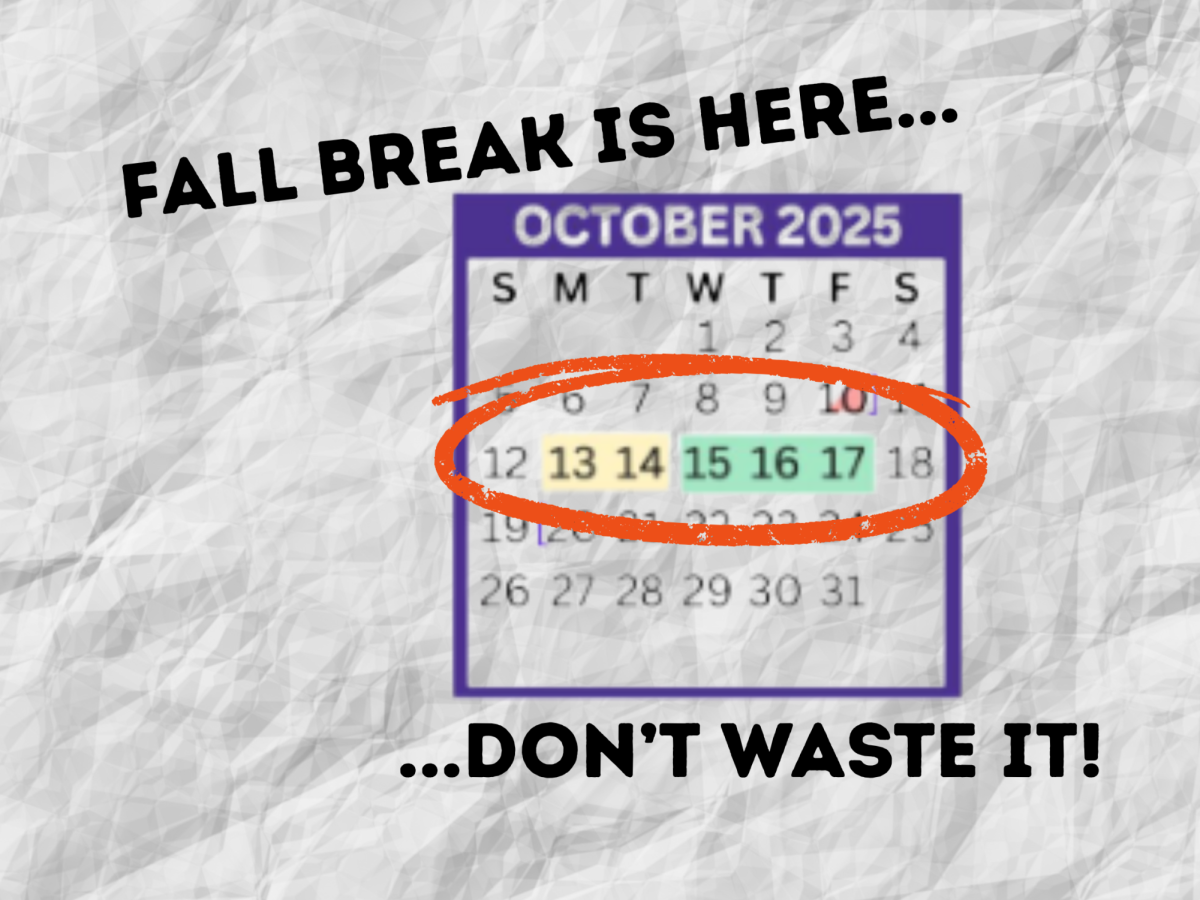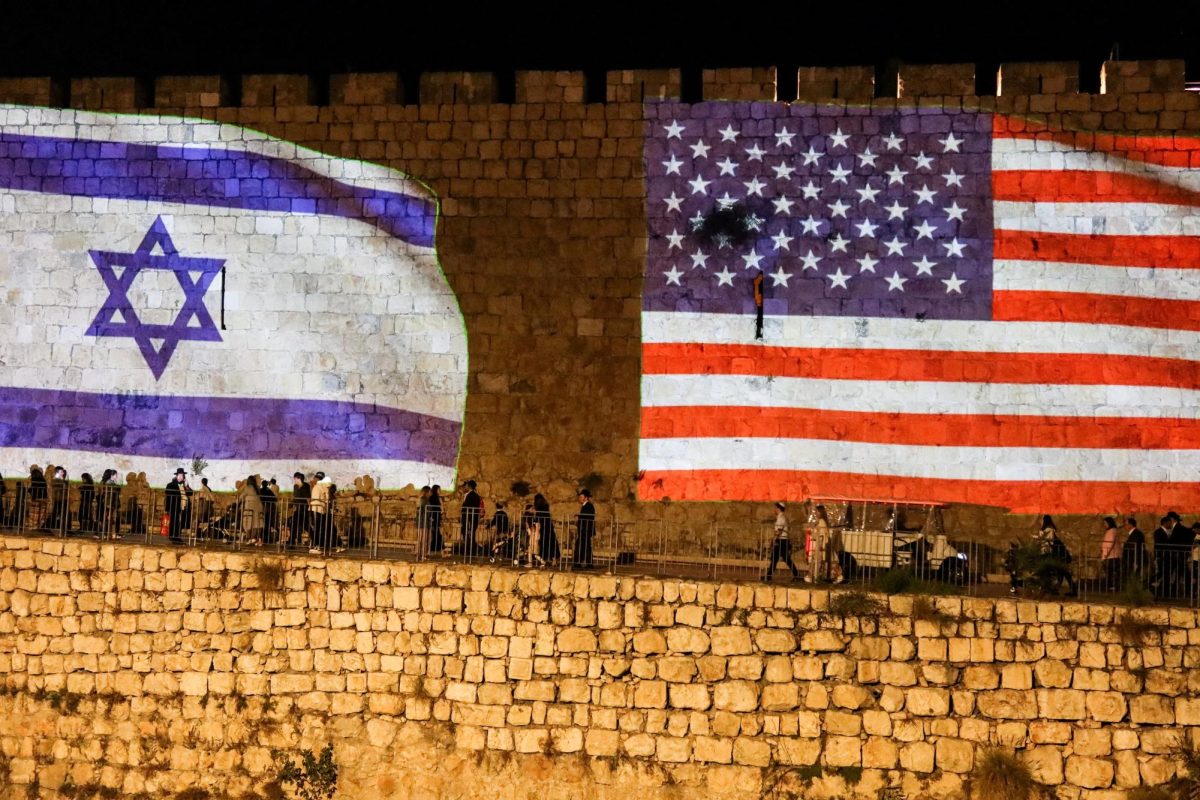This year, the anniversary of September 11 came and went quietly in many places. At our school, students and teachers barely acknowledged it. Instead, the focus shifted toward new sources of disruption: the sudden death of conservative commentator Charlie Kirk and the political storm it unleashed, as well as routine academic obligations like MAP testing. The result was that one of the most significant days in American collective memory passed with little reflection.
The 9/11 attacks reshaped our country forever. Thousands of lives were lost, wars were fought, and issues of national security and unity became central to public life. Younger generations already feel distant from that moment, and each year it risks fading further into history unless we commit to remembering.
Charlie Kirk’s passing dominated news cycles, sparking heated debates online, in classrooms, and across political lines. On top of that, schools were immersed in mandated testing schedules, which placed academic assessment above civic reflection. Together, these forces meant that this year’s 9/11 anniversary was crowded out by other conversations and requirements.
This absence of remembrance reveals a troubling trend. When political outrage, media cycles, or scholastic demands overshadow the commemoration of national tragedy, we risk losing the chance to connect students to the lessons of sacrifice, resilience, and unity that 9/11 can still teach. Schools in particular should play a role in preserving historical memory. Even a few minutes of reflection, a shared story or acknowledging the day can help students understand its lasting importance.
Remembering the lives lost on 9/11 is not just about looking backward. It is about asking where we are headed. If immediate controversies and standardized testing can erase one of the most transformative events of modern history from our conversations, what else will we forget tomorrow?


